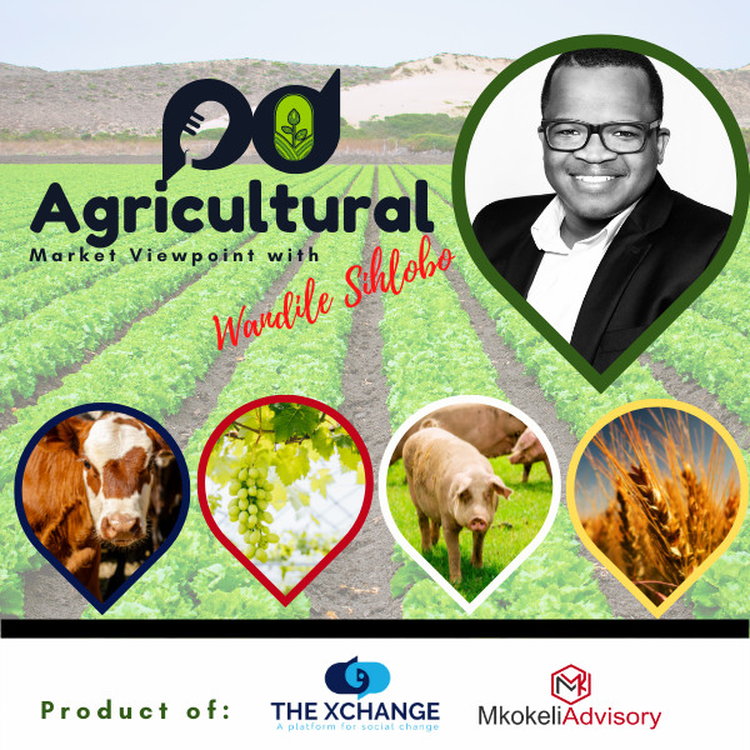
El Nino on the horizon
Loading player...
As the deepening energy crisis continues to present problems for different parts of the agricultural sector, another major challenge that could confront South Africa's agricultural sector in a few months is a change in weather conditions from favourable rains to drier and hot conditions. This would be a switch from a prolonged period of La Niña to El Niño.
South Africa has had a good four seasons of La Niña induced heavy rains from 2019/20 to 2022/23. These above-normal rains supported agriculture leading to higher yields across various field crops, fruits and vegetables. The livestock industry also benefitted from improved grazing pasture.
Importantly, having four consecutive La Niña seasons was an unusual occurrence. The typical cycles are two seasons of higher rainfall followed by normal-drier seasons. Excluding the current trend, the only other period in the recent past with three successive years of conducive weather conditions and a large crop harvest ran through 2007/08, 2008/09, and 2009/10 production seasons. This period brought a sizeable agricultural yield to the country.
But the scientists at the International Research Institute for Climate and Society at Columbia University see a protentional occurrence of an El Niño later in the year. In its recent update of January 19, the International Research Institute for Climate and Society stated, "The likelihood of El Niño remains low through May-Jul 2023 (44% chance), but becomes the dominant category after that with probabilities in the 53-57% range."
Such a weather phenomenon would bring below-normal rainfall and hotter temperatures in South Africa. If it is intense, this could resemble the bleak agricultural conditions we witnessed during the last El Niño drought in the 2015/16 season, where staple crops such as maize dropped to 8,2 million tonnes, well below South Africa's consumption levels of 11,8 million tonnes. This shortfall necessitated imports of maize to supplement domestic needs.
Other field crops, fruits, vegetables and livestock also experienced severe losses. But if the El Niño is mild, crop declines could resemble the 2018-19 episodes, where the reduction in staple crops such as maize was not aggressive.
The total maize harvest that year was 11,8 million tonnes, in line with the annual consumption level. For comparison, in the past three seasons (excluding the current 2022/23), South Africa's maize harvest averaged 16,8 million tonnes and ensured that South Africa remains a net exporter of maize.
These are some of the issues I cover in this week’s podcast.
My writings on agricultural economic matters are available on my blog: https://wandilesihlobo.com/
Podcast production by: Lwandiso Gwarubana, Richard Humphries, and Sam Mkokeli
South Africa has had a good four seasons of La Niña induced heavy rains from 2019/20 to 2022/23. These above-normal rains supported agriculture leading to higher yields across various field crops, fruits and vegetables. The livestock industry also benefitted from improved grazing pasture.
Importantly, having four consecutive La Niña seasons was an unusual occurrence. The typical cycles are two seasons of higher rainfall followed by normal-drier seasons. Excluding the current trend, the only other period in the recent past with three successive years of conducive weather conditions and a large crop harvest ran through 2007/08, 2008/09, and 2009/10 production seasons. This period brought a sizeable agricultural yield to the country.
But the scientists at the International Research Institute for Climate and Society at Columbia University see a protentional occurrence of an El Niño later in the year. In its recent update of January 19, the International Research Institute for Climate and Society stated, "The likelihood of El Niño remains low through May-Jul 2023 (44% chance), but becomes the dominant category after that with probabilities in the 53-57% range."
Such a weather phenomenon would bring below-normal rainfall and hotter temperatures in South Africa. If it is intense, this could resemble the bleak agricultural conditions we witnessed during the last El Niño drought in the 2015/16 season, where staple crops such as maize dropped to 8,2 million tonnes, well below South Africa's consumption levels of 11,8 million tonnes. This shortfall necessitated imports of maize to supplement domestic needs.
Other field crops, fruits, vegetables and livestock also experienced severe losses. But if the El Niño is mild, crop declines could resemble the 2018-19 episodes, where the reduction in staple crops such as maize was not aggressive.
The total maize harvest that year was 11,8 million tonnes, in line with the annual consumption level. For comparison, in the past three seasons (excluding the current 2022/23), South Africa's maize harvest averaged 16,8 million tonnes and ensured that South Africa remains a net exporter of maize.
These are some of the issues I cover in this week’s podcast.
My writings on agricultural economic matters are available on my blog: https://wandilesihlobo.com/
Podcast production by: Lwandiso Gwarubana, Richard Humphries, and Sam Mkokeli

